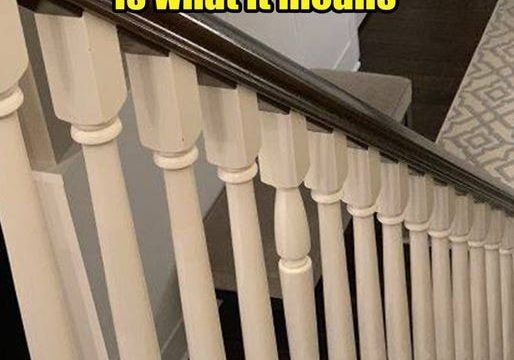Earlier this morning, I noticed something unusual while locking up my house: red wax in the keyhole of my front door. There’s nothing on my keys that could have caused it, yet when I pulled the key out, a bit of wax was stuck to the tip. I’m feeling a little unsettled now. Did someone tamper with my lock overnight? What could this mean?

Possible Explanation: A Burglar or Squatter’s Trick
Finding red wax in your lock might seem odd, but it could be a serious signal. Security experts say that this technique is often used by squatters or burglars. It’s a way for them to check if a house is occupied, helping them identify potential targets while avoiding direct confrontation or detection.
How This Tactic Works
The process is surprisingly simple. Someone places red wax or another marker in your keyhole. If a resident uses the key and dislodges the wax, it signals that the home is actively occupied. However, if the wax remains in place for a few days, it suggests that the house might be empty, making it a potential target. This sneaky method allows criminals to gather information without attempting a break-in, minimizing the risk of being caught.
Why You Should Take It Seriously
If you find red wax or any unusual substance in your door lock, don’t dismiss it as trivial. It could mean that someone has been checking your home, potentially with bad intentions, such as burglary or squatting. When it comes to home safety, it’s better to err on the side of caution. Taking this situation seriously is crucial to ensure the safety of your home and loved ones.
What To Do If You Discover Wax in Your Lock
- Document the Evidence: Take clear photos of the wax or any other foreign substance you find in your lock. These photos could be useful if you need to file a report with the authorities.
- Contact Local Police: Notify your local law enforcement about what you found, even if everything else seems normal. They might increase patrols in your area or look out for other signs of suspicious activity.
- Improve Your Home Security: Consider upgrading your home security. Adding a doorbell camera, motion-activated lights, or even stronger locks can discourage potential intruders from targeting your home.
- Alert Your Neighbors: Let your neighbors know about your experience, as they could also be at risk. A community that shares information is better equipped to prevent criminal activity.
Other Signs of Home Targeting
While red wax in the keyhole is one tactic, it’s not the only method criminals use to identify potential targets. Here are some other warning signs to watch for:
- Tape on Door Locks: Small pieces of tape or stickers placed over keyholes or door seams can indicate whether someone is entering or leaving the house.
- Chalk Marks on Walls or Mailboxes: Sometimes burglars or scammers use chalk to mark homes they consider easy targets.
- Strange Items Near Your Door: Random objects like bottles or stones placed near your front door or in your yard might be used to track movement or activity.
Prevention Is Key
When it comes to home security, prevention is your best defense. Making your house appear occupied, even when it’s not, is one of the most effective ways to deter burglars. Here are some easy steps to boost your home’s security:
- Use Timed Lighting: If you’re going away for a few days, set timers for your indoor and outdoor lights. This gives the appearance that someone is home.
- Keep Entryways Well-Lit: Burglars tend to avoid homes with good lighting. Consider installing motion-activated lights around your doors and windows to discourage potential intruders.
- Install Smart Cameras and Doorbells: These not only provide video evidence in case of suspicious activity but also act as a visible deterrent to anyone considering targeting your home.
- Maintain Your Property: Keeping your lawn trimmed, mail collected, and trash bins moved on time can give the impression that the home is lived in and actively monitored.
Conclusion: Don’t Ignore Red Flags
Finding red wax in your door lock isn’t something you should ignore. It could be a warning that someone is checking to see if your house is empty, possibly with ill intentions. By staying alert, notifying authorities, and implementing preventative measures, you can better protect your home and family. Always trust your instincts—if something feels off, it’s better to act sooner rather than later.





